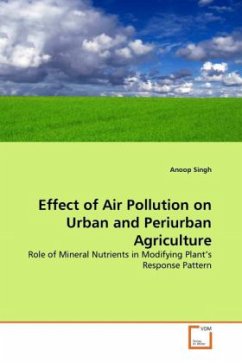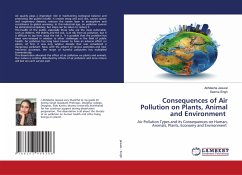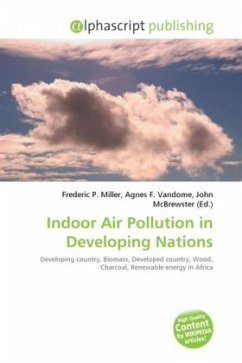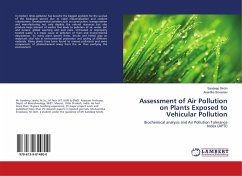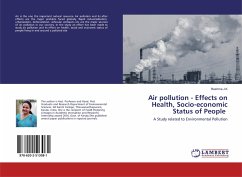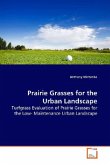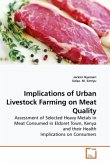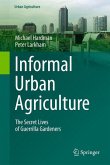Countries around the world are experiencing increased levels of air pollution as a result of rapid increase in energy consumption and motor vehicle uses, a product of rapid population and economic growth. Agricultural lands adjacent to urban areas (peri- urban) are increasingly exposed to air pollutants of urban origin, which reduce the crop production. Crop production is highly dependent on environmental conditions, among which air quality is an anthropogenic factor. The air quality of the study site is under threat because concentrations of NO2, SO2 and O3 increased in successive years of observation. Air pollutant concentration present in air has enough potential to cause damage to agricultural crops (both cereal and pulse crops). An increment in fertilizer dose, one and half times of recommended was most suitable to overcome the damage caused due to air pollutants as it significantly increased photosynthetic pigment, plant height, biomass accumulation and yield of both the crop plants and significantly reduced peroxidase activity and phenol content. On individual nutrient basis nitrogen was most responsive to minimize negative effects of air pollutants.

